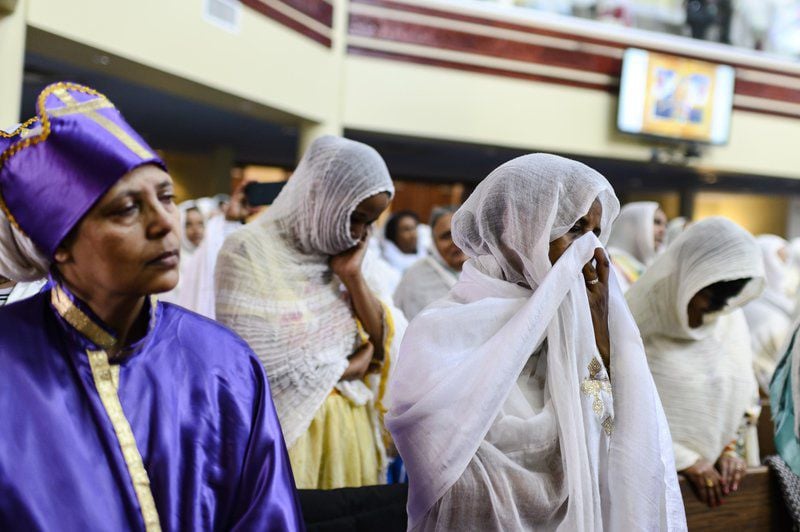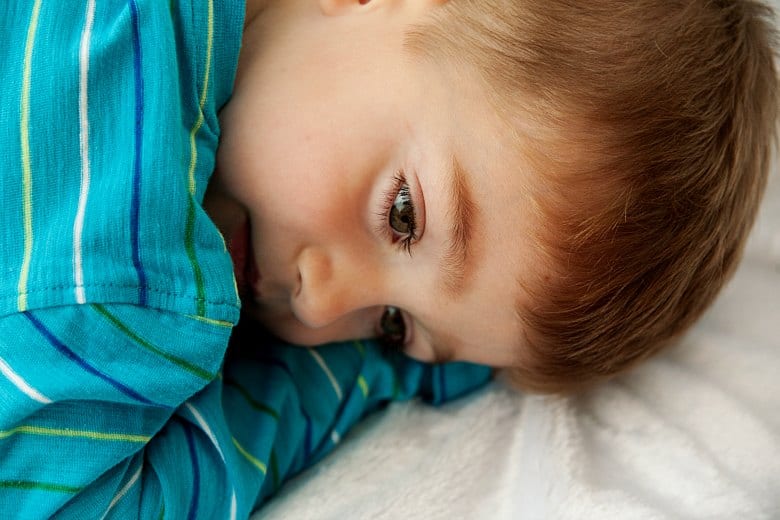
In life we sometimes undergo agonizing moments at certain point due to the unforeseeable occurrences.
However, people tend to deal with grief in different ways.
A recent case where the Ethiopian Airlines crashed on Sunday, saw families lose their loved ones in a very traumatizing way.

Losing someone close to you is one of life’s biggest difficulties. Often, the pain of loss is overwhelming.
Geoffrey Kioko, a clinical psychologist and grief recovery trainer, says you may experience all kinds of difficult and unexpected emotions, from shock or anger to disbelief, guilt and profound sadness.
The pain of grief can also disrupt your physical health, making it difficult to sleep, eat, or even think straight.
Kioko is concerned that while most people don’t know how to deal with grief, supposedly compassionate words like, “They are in a better place”, “God knows why” and “Be strong,” are often meaningless and do not help those who are grieving.
Sometimes those crying are whisked away from public view as if it’s shameful.
IN MOURNING:
NATURAL RESPONSE
Kioko says the Ethiopian crash is a national tragedy and not only the direct families of the at least 32 Kenyans who died are grieving.
“While there is no right or wrong way to grieve, there are healthy ways to cope with the pain that, in time, can ease your sadness and help you come to terms with your loss, find new meaning, and move on with your life,” he says.

He says grief is a natural response to loss; it’s not a sign of weakness and there’s no point telling someone to be strong.
“Grief is one of the most painful emotions we experience. It is the emotional reaction we have when we lose something or somebody dear to us,” Geoffrey says.
“The reason we grieve is because we have made a big emotional investment in our loved ones, and when we lose them, we are left with a lot of emotional pain.”

He says any loss can cause grief, including divorce or relationship breakup, loss of property, loss of a pet or losing a job. But the death of a loved one causes the most intense grief.
According to some specialists, there will be unhelpful friends and family members when you’re grieving. This is because, despite their best intentions, most people don’t know what to say or do after the death of a loved one because they’ve never been taught.

“Many don’t want to say the wrong thing so they say nothing, skillfully avoiding you or talking about anything except what happened. Others do try, yet they repeat what everyone else always does, so their attempts are often neutral or even pain-inducing,” says Amy Florian, the founder of Corgenius, a training firm that focuses on life transition support.
Still, others feel it is their duty to “fix” you, telling you what to feel and how to grieve or saying that you should “get over it”. This is unfair, so you frequently find yourself educating others on how to support you.

“While there is no right or wrong way to grieve, there are healthy ways to cope with the pain that, in time, can ease your sadness and help you come to terms with your loss, find new meaning and move on with your life,”
Geoffrey Kioko, psychologist
HELPING PEOPLE GRIEVE

Kioko says there are important aspects to know to help those who are grieving.
Important is to listen to the people grieving with dignity and respect without trying to advise them or interrogate them to get finer details.

He also warns against some cliché phrases on people who are grieving.
“Don’t tell the grievers to be strong as grief is not a sign of weakness; it is a normal and natural reaction,” Kioko says.
“We are created to be sad when something bad happens. Don’t say ‘keep busy to forget the loss’. They might turn to alcohol or a workaholic end up dysfunctional.”
Kioko says the grievers should be allowed to grief sensibly without interruption. “Don’t say to a young woman who lost a child that they should not worry for they will have another child. Grief is not replaced by replacing the loss,” he says. “Neither should you tell the grievers not to feel bad as it is natural to feel bad when you lose a close one.”
LIFELONG PROCESS
Kioko is the African representative for the US-based Grief Recovery Institute. Members of the institute often come out strongly to help people understand emotional responses to national and international grief events — notably, in the aftermath of the US September 11 attacks in 2001.
Today, most losses are initially announced on social media, but experts say it comes with risks.
“Social media can help people reach sources of support, express their feelings, and find closure during the worst of their pain,” he says.
“It is also a practical tool for organising funerals, informing people of the death of the loved one, and connecting people who knew the deceased but not each other.

“However, grieving on public platforms also runs the risk of encountering trolls and other insensitive people who want to disparage the dearly departed. There have been many well-publicised cases of strangers posting cruel or abusive messages on memorial pages.”
So how should those who have experienced loss mourn?
First is understanding that grief is normal and people should allow themselves to mourn.
“Grief is the normal, expected response to death — the intense pain, sadness, disbelief, anger or guilt. Mourning is a critical process that can help you lessen the intensity of grief and help you adapt to your loss,” he says.
Looking to others for support is also important in moving on from the severe grief after a loss.
“Turn to friends and family members. Spend time together face to face with your loved ones. Talk to them and accept their assistance. Take part in spiritual activities, such as praying, meditating or going to church; these can offer solace. If you’re questioning your faith in the wake of the loss, talk to a clergy member,” Kioko says.
He says a griever can also be helped through intense emotions by seeking a professional grief counsellor.
Kioko said grieving is a lifelong process for some and does not move along a predictable path or at a fixed pace.

“The overwhelming grief following your loss will become more of a cycle of grief. And over time your grief will likely become more subdued, or it may feel less constant as if it’s moved into the background of your emotions,” he says.
“But long after a death, you may also find yourself caught off guard by a moment of profound grief, for example, on the anniversary of the death, during holidays or on your loved one’s birthday.”